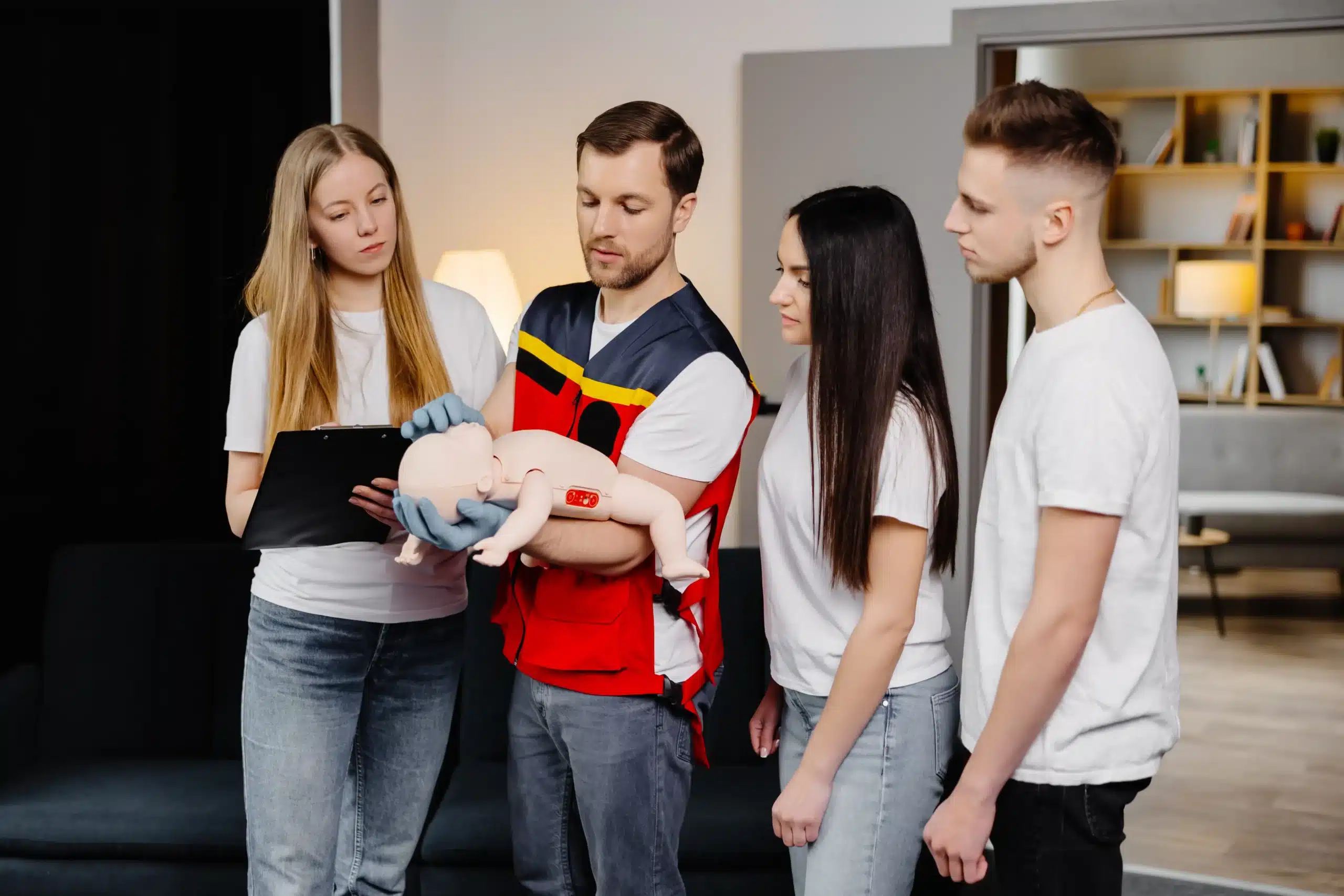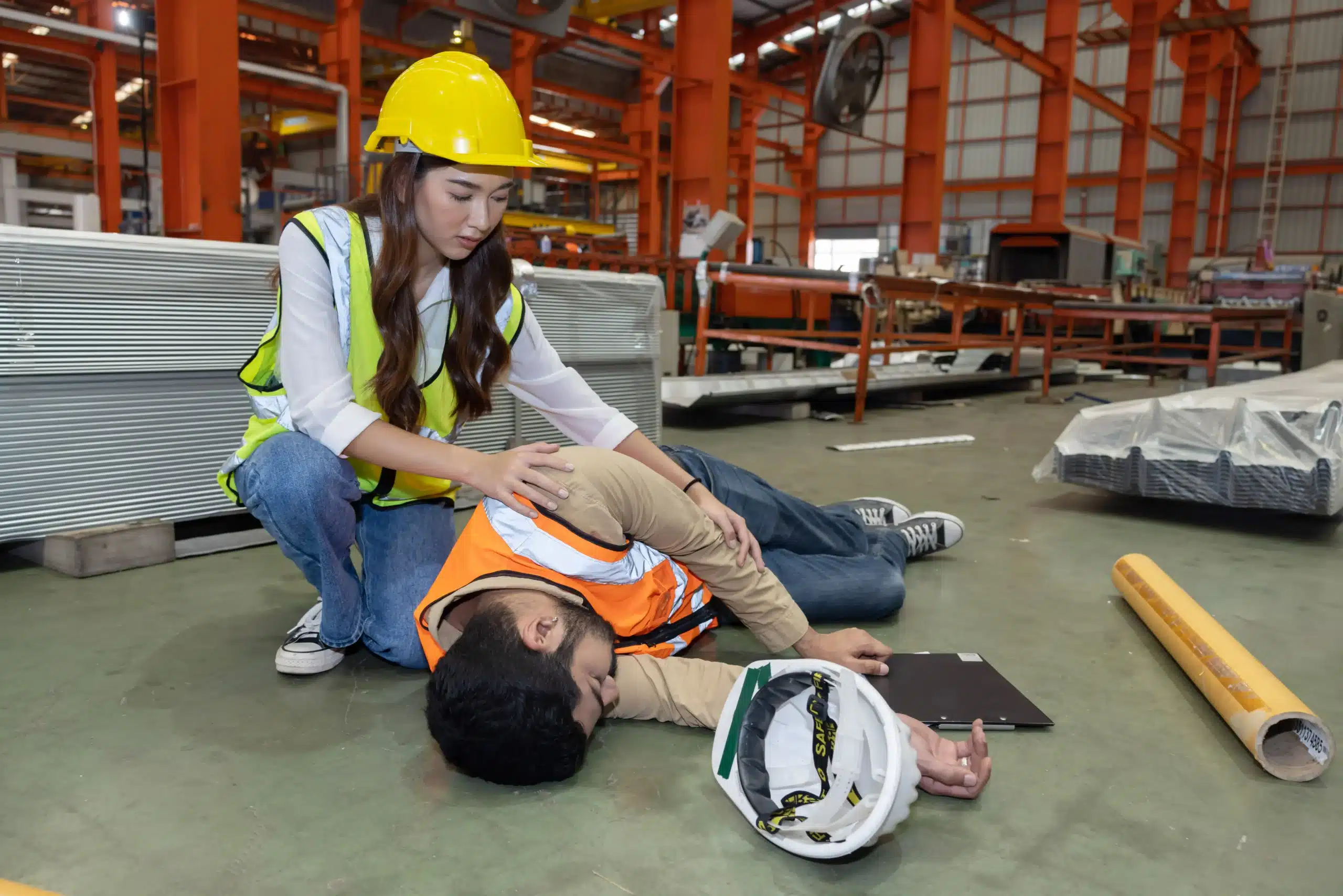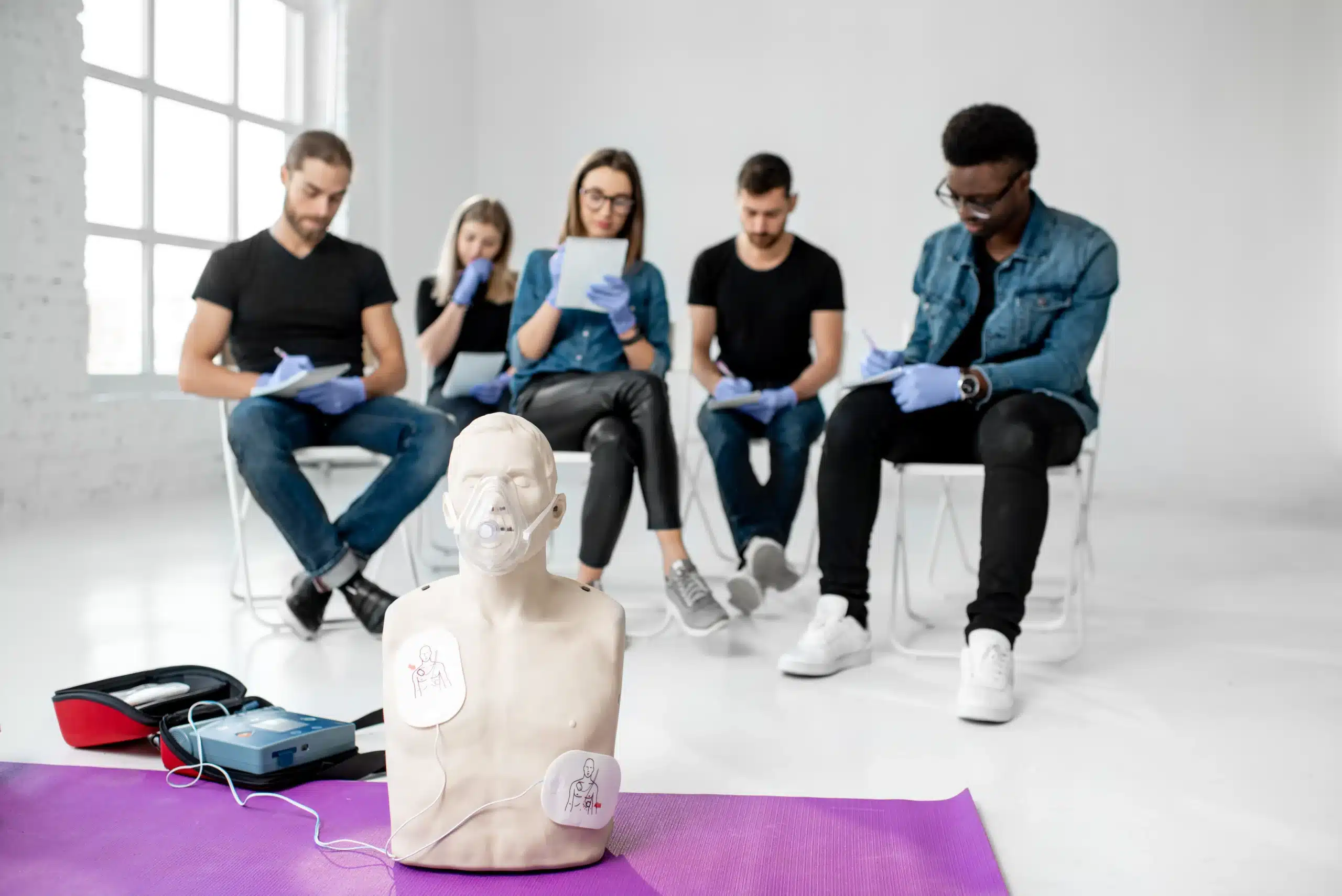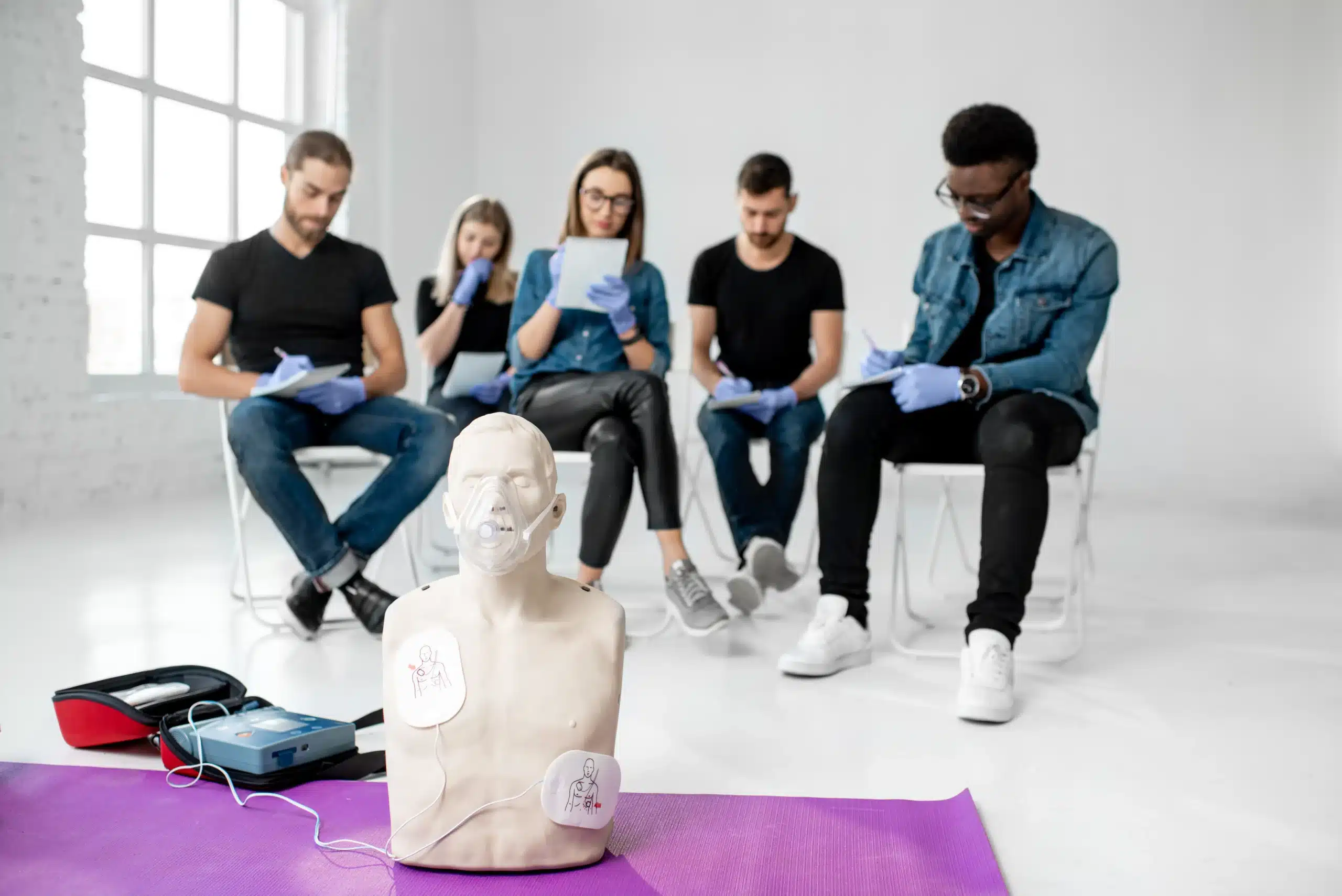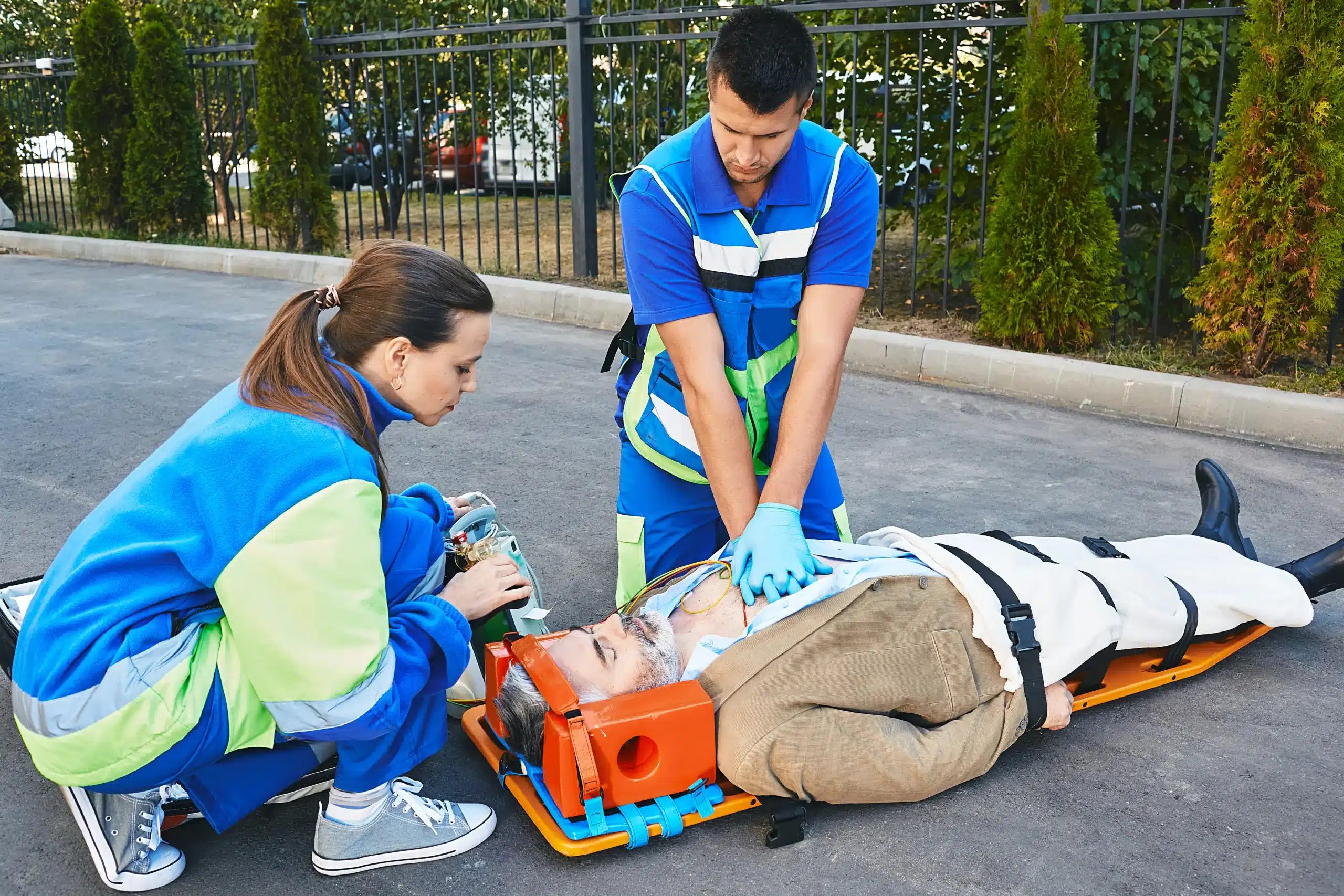Every life saved through CPR (Cardiopulmonary Resuscitation) is a testament to the power of quick thinking and proper training. Did you know that CPR can double or even triple survival chances during a cardiac arrest? This vital emergency procedure has saved countless lives and continues to be a cornerstone of life-saving efforts worldwide.
However, surviving a cardiac event and undergoing resuscitation can leave individuals grappling with more than just physical recovery. The psychological toll of such a life-altering experience is often overlooked, yet it is a significant part of the healing process. From heightened anxiety to post-traumatic stress, CPR survivors often encounter a range of emotional and mental challenges that require attention and care.
This guide dives deep into the psychological recovery process for CPR survivors. Whether you’re a survivor, a family member, or a healthcare professional, you’ll find valuable insights on understanding mental health challenges, practical coping strategies, and the essential role of emotional recovery. Let’s explore how we can support these resilient individuals on their road to recovery.
Understanding the Psychological Impact of CPR
Immediate Emotional Responses
Waking up after resuscitation can be a jarring and deeply emotional experience. Many survivors report initial feelings of fear, confusion, and anxiety, stemming from the trauma of a near-death experience. Physically, surviving cardiac arrest is a miracle—but emotionally, it can feel overwhelming.
Some survivors may even experience Acute Stress Disorder (ASD). This manifests as intrusive flashbacks of the event, hypervigilance, or a sense of detachment from reality. Often these symptoms occur within weeks of the event and can disrupt daily life if left unaddressed.
Long-Term Effects on Mental Health
For some survivors, the psychological effects extend far beyond the initial aftermath. Conditions such as Post-Traumatic Stress Disorder (PTSD), depression, and survivor’s guilt can emerge, sometimes months after the event.
Many survivors find themselves grappling with existential questions, struggling to reconcile their brush with mortality. Thoughts like “Why was I saved?” or “What is my purpose now?” can linger, adding to emotional strain.
Research & Data
Studies show that up to 30–40% of CPR survivors experience symptoms of PTSD. A study published in the “Journal of Resuscitation” highlighted that anxiety and depression are more common among survivors than in the general population, emphasizing the need for targeted mental health care.
Coping Strategies for Survivors and Families
1. Mindfulness-Based Techniques
Mindfulness is a powerful tool that helps survivors stay present and manage stress. Activities like mindfulness meditation, yoga, and journaling encourage relaxation and promote mental clarity. These practices can help survivors process their emotions without being overwhelmed by them.
Easy Mindfulness Exercise:
Try deep breathing exercises. Sit comfortably, close your eyes, and take a deep breath in for four counts. Hold for four counts, then exhale slowly for six counts. Repeat for several minutes to reduce anxiety.
2. Support Networks
There is immense power in community. Whether it’s leaning on family, connecting with friends, or joining a support group, having a network of understanding individuals can make a difference.
Organizations like the American Heart Association often host events or maintain online forums where survivors can share their experiences and find solidarity.
3. Lifestyle Adjustments
Physical health and mental health often go hand in hand. Establishing healthy habits can support overall recovery:
- Exercise: Light physical activity, when approved by a doctor, can release endorphins and improve mood.
- Nutrition: A balanced diet with whole grains, lean proteins, and plenty of fruits and vegetables boosts both physical and emotional well-being.
- Sleep: Quality rest is essential for healing. Create a consistent bedtime routine to ensure uninterrupted sleep.
Creating a daily routine that balances self-care, recovery, and normal activities can restore a sense of control and normalcy.
4. Seeking Professional Help
For many, professional therapy is a crucial step in recovery. Mental health professionals specializing in trauma or health-related stress disorders can provide tailored coping mechanisms for dealing with the emotional aftermath of CPR.
Tips for Choosing a Therapist:
- Look for professionals experienced in trauma therapy or PTSD.
- Ask for recommendations from healthcare providers or trauma survivor communities.
- Consider counseling for both survivors and their families to address shared stresses.
Why Psychological Recovery is Essential
Addressing the psychological aspects of recovery isn’t just about healing the mind—it’s about improving overall health. Emotional well-being directly impacts physical outcomes. Stress, anxiety, and depression can slow physical recovery by affecting the immune system, heart rate, and overall vitality.
By nurturing both mental and physical health, survivors gain the resilience needed to rebuild their lives. Recognizing the importance of psychological recovery ensures that survivors are treated as whole individuals—not just their physical symptoms.
Be Prepared to Save a Life, Support a Life
Understanding the psychological challenges of CPR survivors highlights a greater need for awareness and training among the public. Anyone can make a difference with the proper knowledge and skills.
Consider training in AHA trusted providers like the Safety Training Seminars. Certification courses in Davis such as CPR & First Aid, Basic Life Support (BLS), Advanced Cardiovascular Life Support (ACLS), and Pediatric Advanced Life Support (PALS) can empower you to step in during emergencies. Your skills could save a life and ensure survivors feel supported in every way possible. Explore AHA-certified courses here.
Emotional Recovery is a Journey, Not a Sprint
The road to emotional recovery after CPR can feel daunting, but it’s vital to remember one thing—recovery is achievable. With time and the right support, CPR survivors can overcome challenges, rebuild their confidence, and find new meaning in life.
Whether it’s through mindfulness practices, professional therapy, or leaning on loved ones, these steps can help set the foundation for holistic healing.
If this article resonated with you, consider sharing it with someone who might benefit. Better yet, explore CPR training opportunities to ensure you’re ready to save lives and support survivors. Together, we can create a more compassionate and prepared community.



